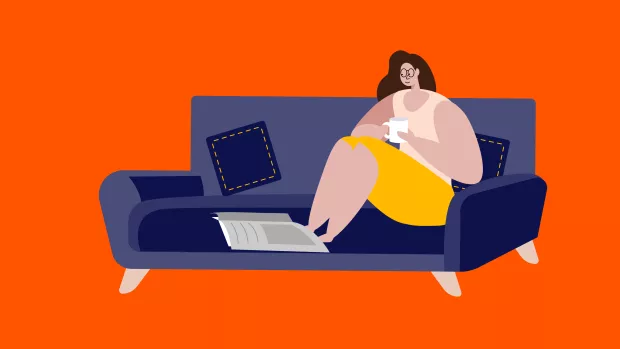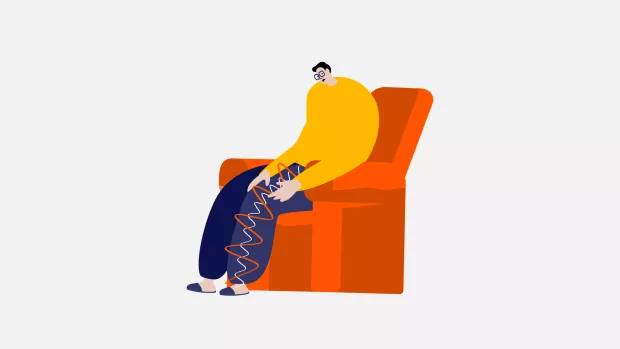
Managing MS pain - what does the research say?
Many people living with MS will experience pain as one of their symptoms. It can occur at any time, come from more than one source, or result from other symptoms, like spasticity or fatigue.
Finding the cause is often the first step to treating pain. That’s why some clinical researchers have proposed classifying different MS pain according to their biological cause, rather than how they are experienced. Under this classification, there are two broad types of pain associated with MS – neuropathic and musculoskeletal.
Finding ways to treat neuropathic pain MS
Neuropathic pain is caused by the nervous system itself. Damaged nerve fibres can become oversensitive and cause a range of sensations, including trigeminal neuralgia and the MS Hug. Although we don’t fully understand neuropathic pain, we know that fatigue, stress and heat can trigger it for some people.
A number of drugs can be prescribed for neuropathic pain, and new types of therapies are also coming through the pipeline. For example, a surgical implant to stimulate the spinal cord has been shown to be effective for severe central nervous system pain.
Research we funded at the University of Glasgow suggests neuropathic pain has the biggest impact on quality of life. The study found that TENS (transcutaneous electrical nerve stimulation) machines, often used for pain relief in childbirth, can be effective in treating neuropathic MS pain.
And we’re funding new research that’s working to standardise a treatment for trigeminal neuralgia. Dr Jianhua Wu, at the University of Leeds, is investigating Gamma Knife Radio Surgery (GKRS), looking at different versions of the treatment to make sure it’s as effective as it can be.
Read more about Dr Wu’s research
Finding new treatments for musculoskeletal pain
Some of the symptoms of MS can result in muscle and joint pain. For example, difficulties with muscle weakness can lead to muscle shortening, which can lead to pain.
Some musculoskeletal pain may be relieved through physiotherapy and exercise. Results from our recent study, led by Dr Marietta van der Linden at Queen Margaret University, showed that core stability exercise helped reduce musculoskeletal pain in some people.
Dealing with pain
Practical techniques to help reduce the effect of pain are also being developed. These don’t directly tackle the causes of pain, but can make it easier to live with. A project at Guy’s Hospital, supported by us, has been developing a pain self-management programme for people with MS.
Initial results suggest that it could help some people, but is less effective for those with complicated conditions and severe pain. It’s important for people living with MS not to assume that all pain is due to their MS. There could be other causes, for which help is available, or treatment is needed.
Download booklet on pain and unpleasant sensations in MS
This blog first appeared in Research matters magazine. To receive Research Matters by post please contact [email protected] about subscription. You can also download recent issues of the magazine.



